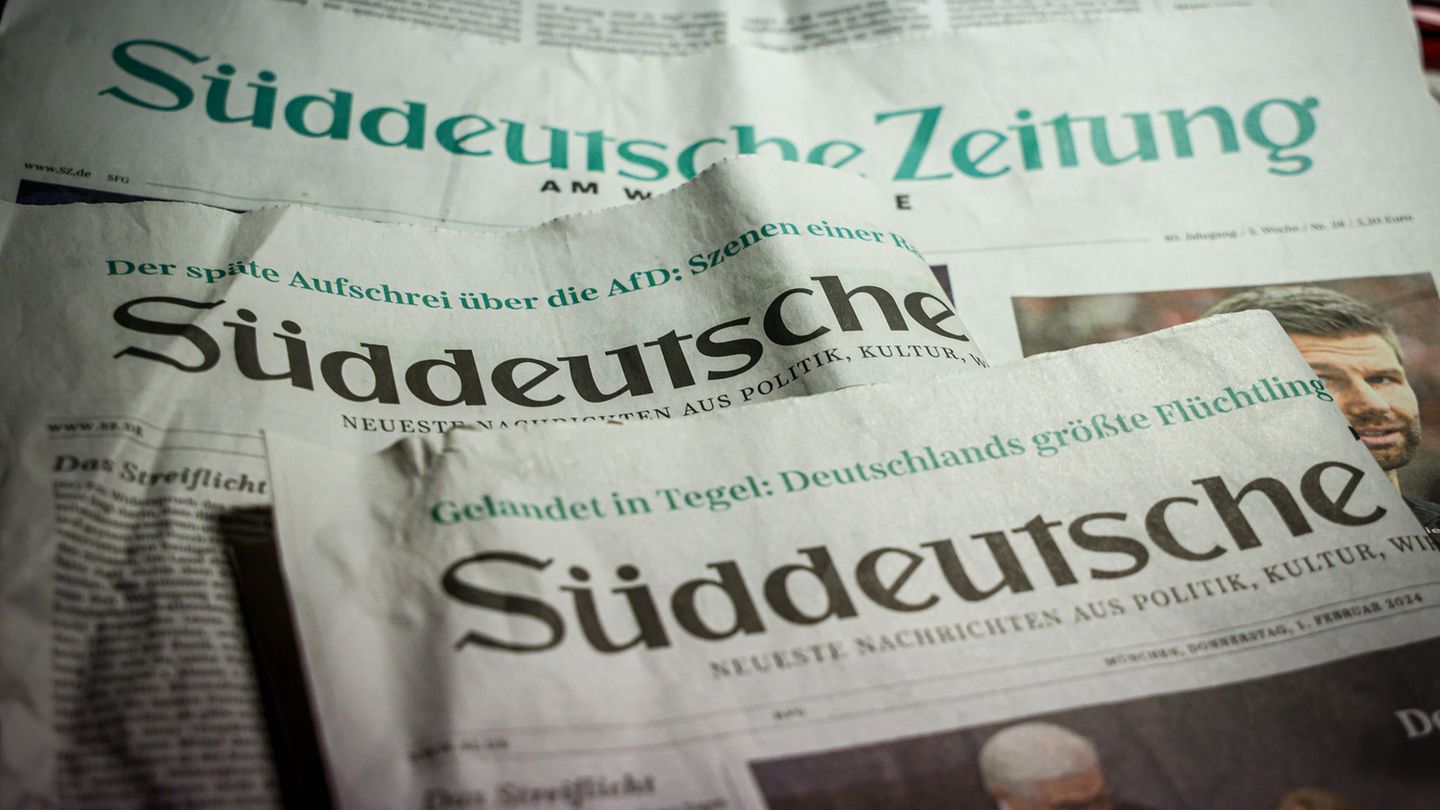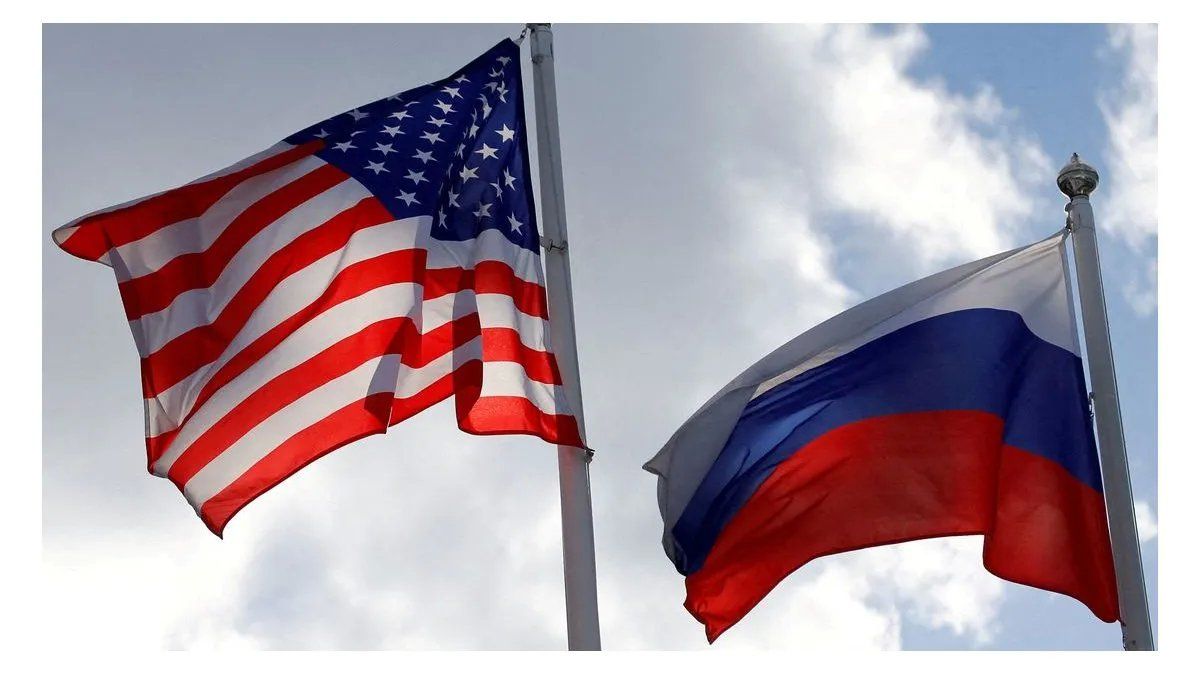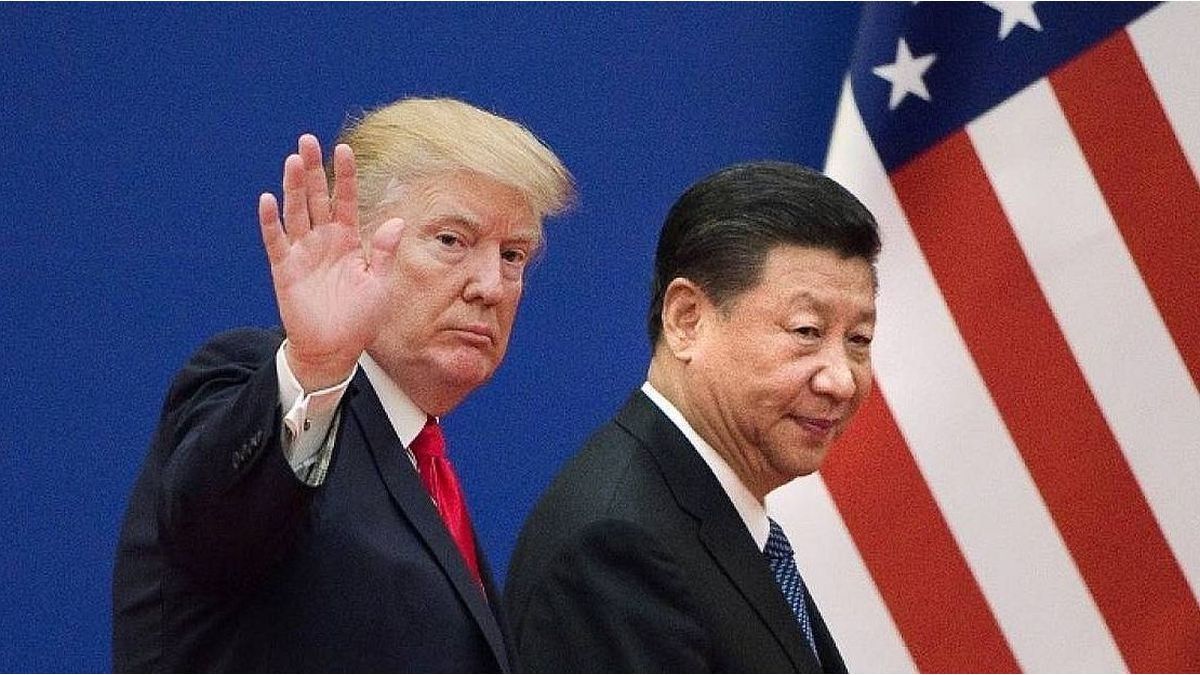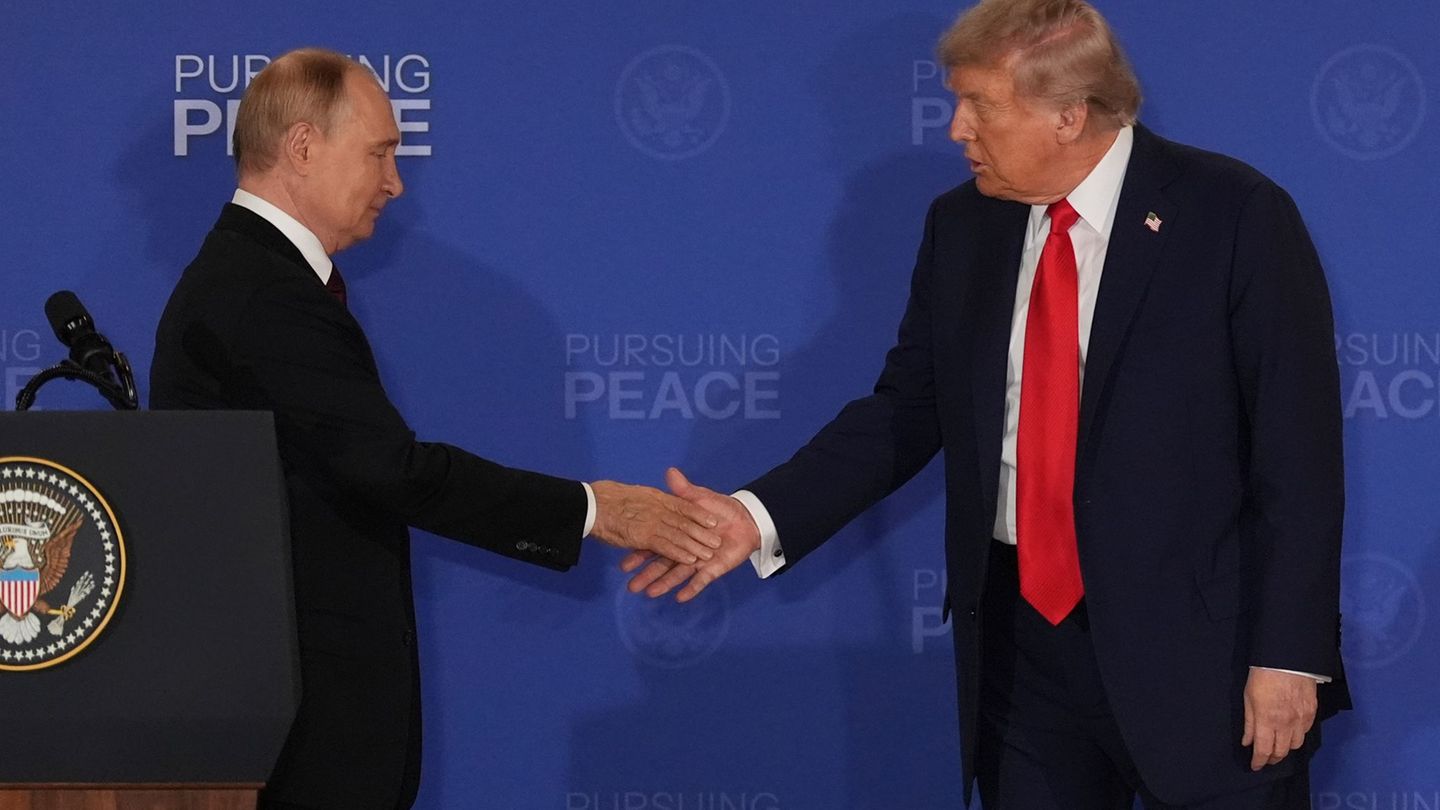Exclusive
In the “Süddeutsche Zeitung” an author is allowed to report in detail about blockchain technology, even though he is a crypto entrepreneur himself. A border crossing?
Niklas Wirminghaus
This article is adapted from the business magazine Capital and is available here for ten days. Afterwards it will only be available to read at again. Capital belongs like that star to RTL Germany.
The media response to this was muted – with one exception: the “Süddeutsche Zeitung” reported exclusively in advance and cleared half a newspaper page in its business section. “The small blockchain stronghold” was written above the text, which outlined some of the study’s findings, included quotes from crypto experts and advocates, and concluded with a trip to the US industry conference ETHDenver. And he was quite opinionated: The blockchain’s ability to conquer a mass market remains “blocked by strict regulation.”
However, what was neither mentioned in nor under the article – nor in it – was that the author of the text, Roman Keßler, is himself an entrepreneur in the blockchain industry and is best known there as a PR consultant. Last year, among other things, he called for people to take part in the W3Now study.
Can someone like that report on the topic with sufficient distance and the required neutrality? That is the question. There is a conflict of interest in the room, a border crossing that shouldn’t actually be possible in the economic reporting of a reputable media company like “Süddeutsche”. Or is it?
“No conflicts of interest”
When asked by Capital and Finance Forward, the “SZ” editor-in-chief explained that the author “offered the article on blockchains as a freelance journalist.” In addition, “when asked before publication,” he assured “that he is no longer active in PR for blockchain companies, that he has been working exclusively as a journalist since January 1st and that there are no conflicts of interest with regard to the topic of the article.” According to his own statements, he was not involved in the study in any way, he only wrote a text about it a year ago that was marked as an opinion or column.
On the one hand, it sounds as if Keßler had devoted himself entirely to his journalistic work – so a conflict of interest would be ruled out as a matter of principle. And on the other hand, it is suggested that the seamless transition from the field of PR to that of journalistic reporting on the same topic is completely unproblematic. One may see it that way – but at least it would have helped readers to know the author’s previous background, for example with the help of a transparency note. But that didn’t exist.
Especially since Keßler is still the managing director and sole shareholder of a blockchain company: According to its website, Make Europe GmbH, registered in Fulda, specializes in Web3 event technology, online marketing, B2B consulting and non-fungible tokens; The company provides “media and event services,” according to the commercial register, which is somewhat more sober.
PR for crypto start-up Bitwala
Even after January 1, 2024, Keßler introduced himself online as a “Web3 developer at Make Europe GmbH in Frankfurt”: “In the heart of Europe, the fintech professional builds internationally award-winning Internet applications around , Ethereum and the digital euro.”
Keßler also worked as a PR consultant at least in the second half of 2023, sending topic pitches to journalists and bloggers for the crypto company Bitwala in September, November and even on December 19th. Keßler did not respond to a questionnaire from Capital and Finance Forward or requests for comment.
Writing about a topic in which you are active as a journalist at the same time as a journalist is actually not possible. It undermines readers’ trust in independent reporting. The press code of the German Press Council states: “If a journalist or publisher performs a function in addition to his publishing activities, for example in a government, an authority or in a commercial company, everyone involved must ensure that these functions are strictly separated. The same applies in the opposite case .”
Call for participation in the study
Regarding the compatibility of PR and journalistic work, Freischreiber, the association of freelance journalists, says: Anyone who accepts PR assignments in addition to their work as a freelance journalist must “keep them strictly separate from each other”. Freewriter members, the guidelines say, “disclose dependencies and interrelationships of interests, if they exist, with their clients. They do not launch PR articles disguised as journalism. They do not allow themselves to be paid by two sides.”
In this specific case, it’s not just about the potentially critical multiple roles as an entrepreneur, ex-PR person and journalist. Apparently Keßler and his company were also involved in the study project, which he now reported on in the “SZ”. In a text for the Finanz.net portal from April 2023, Keßler called for participation in the blockchain study: Companies are “invited to become part of the Germany-wide W3now study”. And further: “Make Europe GmbH, one of the leading European Web3 software companies in the Frankfurt-Rhine-Main economic region, is there. We hope for active participation from the region, which is already booming between Mainz and Karlsruhe.”
The author apparently not only attended the industry conference in Denver, which Keßler also reports on in the “SZ” article, as a reporter; according to his Linkedin page, he and his team also took part in a programming competition at the conference: “I’m happy to announce that My team landed in the top 30 of the world’s largest Web3 hackathon for the second time!” A fruitful trip for the journalist/entrepreneur – but also that: actually a border crossing. If you look at it that way.
Source: Stern




